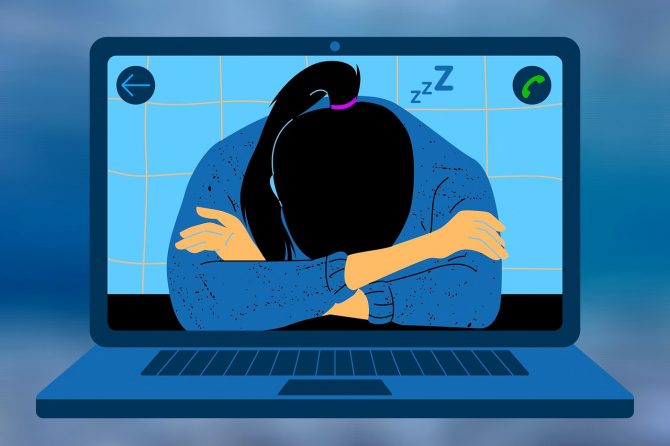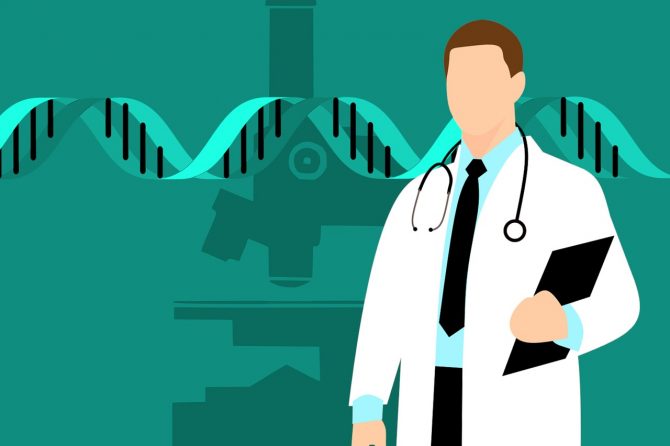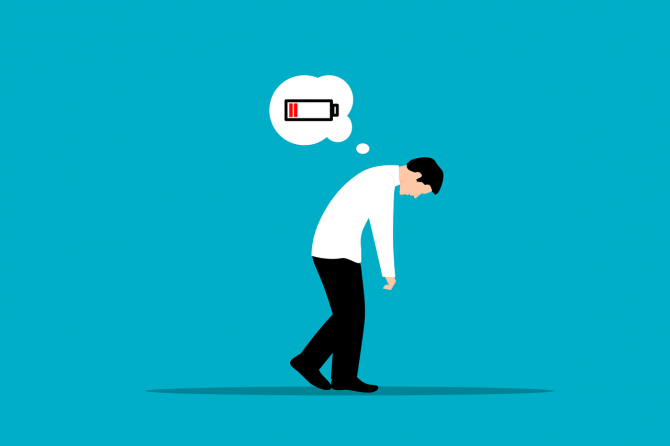
Boosting Athletic Performance: The Significance of Women’s Health
In the dynamic world of sports and athletics, achieving peak performance isn’t solely about physical prowess; it’s also about ensuring optimal health and well-being. Women, who have been breaking barriers and pushing boundaries in sports, understand the critical interplay between their health and athletic accomplishments. Today we discuss the undeniable importance of women’s health in
Read more






